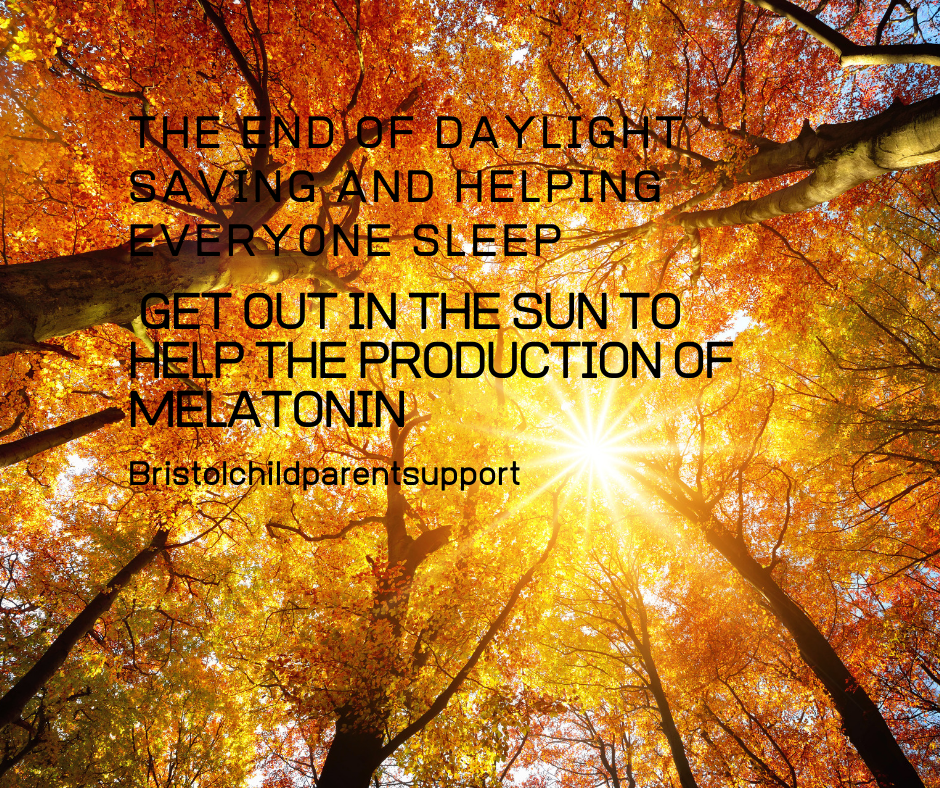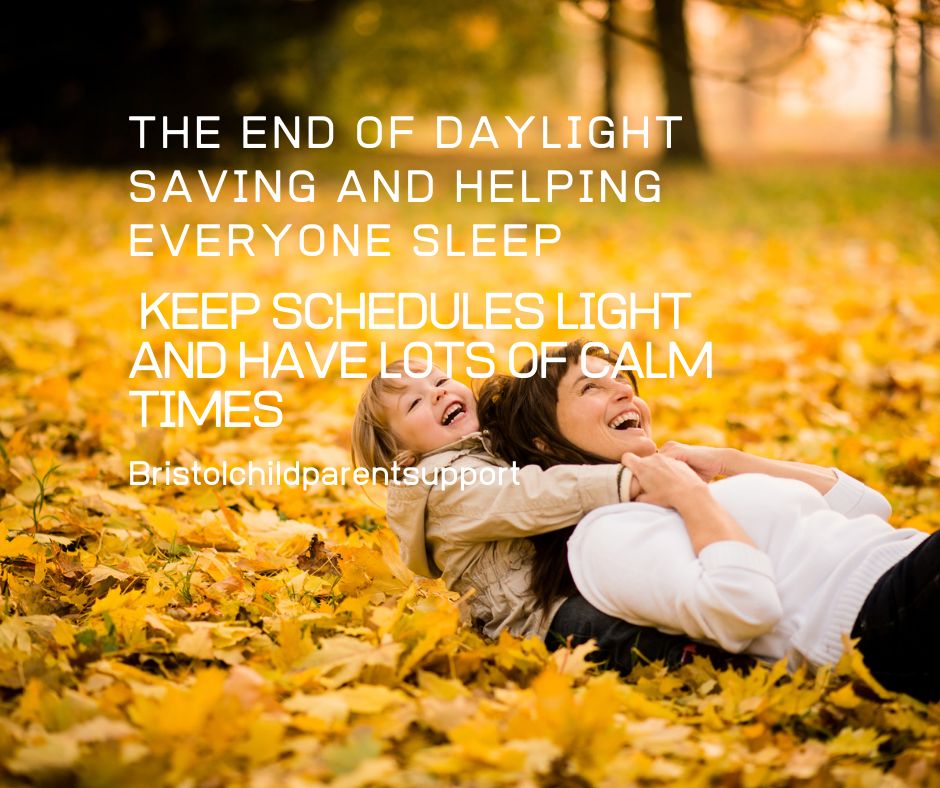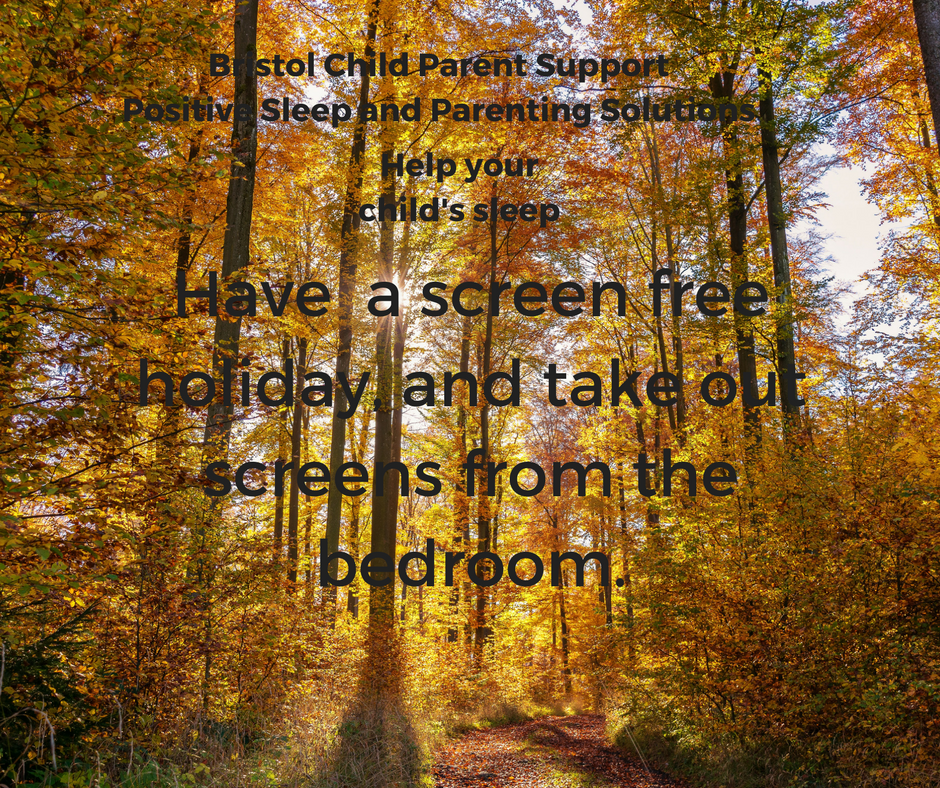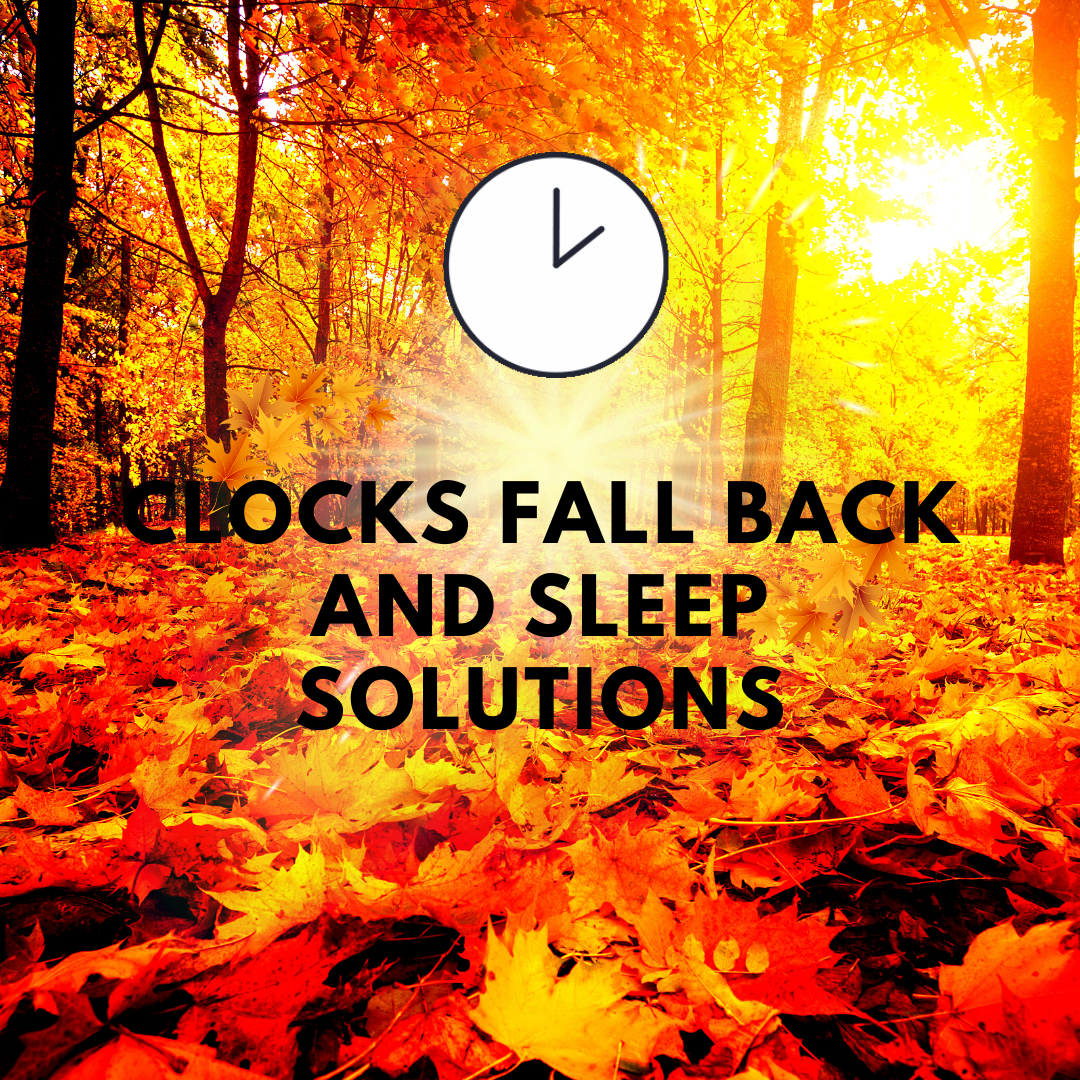This is an updated post from last year.
The leaves are changing colours, and the weather is getting cooler….. The warm weather has all lulled us this year. However, yes, it’s that time of year again, the end of daylight saving. The clocks “fall back” on Sunday 29th, October at 2am, 2023. Obtaining enough sleep is now even more critical.
Recap, why is Sleep Important?
According to acamh.org:
Problems sleeping are a common symptom of many mental health difficulties in young people, such as anxiety, depression, and behavioural difficulties (DSM-5, American Psychiatric Association, 2013). In some cases, sleep is among the most common symptoms reported in young people with mental health problems (e.g. Goodyer et al., 2017). Poor sleep can exacerbate other symptoms of mental health problems, such as difficulties concentrating, thinking, planning, and making judgements, or feeling exhausted and hopeless. The difficulties may prevent a person from participating in regular school, social, and household tasks. Thus, leading young people to feel restricted when facing problems with sleep.. It’s important to note that sleep problems can be a red flag, unknown to parents, and can be a warning sign for future issues.. It is important to increase awareness of sleep difficulties and address them should they occur. I am passionate about children sleeping well, so always start with good sleep hygiene before any other behavioural interventions.
If you want to learn more about sleep and solutions, click in the video I offered in Lockdown
What happens when the clock “fall back”?
Our internal clocks go backwards. Unfortunately, 7 am is 6 am – and 7 pm is 6 pm. Your child may wake earlier, and so may your baby. A baby’s internal clock ( circadian rhythm) can’t just change how an adult might. You or your child may wake up earlier. However, your teenager may like it and enjoy the extra hour of sleep.
What happens to your 24-hour cycle, Circadian Rhythm?
Light and darkness regulate our body’s internal sleep cycle (circadian rhythm), and are heavily influenced by our environment. This is why we often become sleepy once it is dark, and many of us wake up with the sun. Melatonin regulates it, a hormone made by the pineal gland in the brain. Melatonin helps control your daily sleep-wake cycles. Typically, melatonin levels rise mid-to-late evening after the sun sets. During the shorter, darker winter days, your body may produce melatonin earlier or later in the day, which partly throws off your natural sleep cycles. As a result, you may experience fatigue, a drop in energy, mood changes, or other symptoms of seasonal affective disorder. Natural sunlight affects melatonin levels, so get out in the mornings.

How to help the whole family survive the end of Daylight Saving.
Sometimes, it’s nice to leave the clocks alone for Saturday night. Everyone in the family can gently get used to the change, and transition whilst you have a slow and leisurely breakfast.
Be patient and try not to worry. Everyone in the family may feel a bit sleep-deprived, but generally, it returns to normal. There may be tantrums or tired behaviours. Try not to over-schedule the following week.

Mistakes parents make during fall back, and typically at bedtimes.
If your child is struggling with transitions or changes, help them manage them. A week or at least three days before fallback, move your child’s bedtime by 30 minutes and return to the old schedule after the time changes. For example, if your child sleeps typically from 7 pm to 6 am, encourage him to sleep from 6:30 pm to 6:30 am for three days before falling back, then return to the old 7 pm to 6 am schedule on the new time.
Your Baby and the end of Daylight Saving
Try to take it slowly; some babies may have an easy-going temperament and can go with the flow a bit more. If your baby is slightly more temperamental, help them adjust slowly and steadily leading up to Daylight Savings Time. Then, you can gradually change your child’s schedule a little later.
You can shift your child’s schedule by 20/30 minutes three days before Sunday.
You will be close to the new adjusted time with a later bedtime within several days. If your child’s wakeup is becoming earlier, STOP. Don’t keep shifting the schedule; stay where you are, or even go back for a few more days. Ensure you have your blackout blinds and keep the room dark.
For Toddlers
On Sunday, the first day of the time changed. You would put him down for his first nap 30 minutes earlier than usual. So, if he usually naps at 9:30 am, put him down at 9:00 am. You will do the same with the afternoon nap if he takes an afternoon nap. If his usual bedtime is 7:00 pm, you will put him down at 6:30 pm. Please do this for three nights after the time changes, and then on the 4th night, put him to bed at 7:00pm, and on the 5th day, move naptimes back to standard time. So, if your child naps at 9:30 am, put him down at 9:30 am for the rest of the day.
For School Age Children
If you have a child who does not nap and usually goes to bed at 7:00pm, you will put them to bed at 6:30 pm on Sunday, the first night of the time changing. Please do this for three nights, putting them to bed 30 minutes earlier than usual. Then on the 4th night, put them to bed at the expected time, 7:00pm or whatever is a regular bedtime for your child.
Teenagers
They love this; it is closer to their normal rhythm, so keep the same bedtime and encourage them not to stay up later.
Mistake No 2. You don’t realise your child is a lark or owl.
We are divided into larks and owls due to an individual chronotype. Genetics partly determines what you are. This means some of us want to get up early, and others want to stay up late. Additionally, there is a third type. Ambivalent (those more adaptable to sleep schedules).

Is your child a lark
( early to rise, go to bed earlier) or an owl? ( later to rise and stays up late).
Gwen Dewar from Parenting Science suggests that many parents send children to bed too early before they are physiologically ready to fall asleep. Their bodies haven’t yet produced enough melatonin, a critical hormonal sleep regulator (LeBourgeois et al., 2013).
You or your child may like to stay up late or get up early. According to Deborah Owen in a BBC science article, Owls naturally want to keep late hours and sleep later, so they fare better in the fall when the clock goes back an hour. Great for your teenager, too.
Mistake No 3. Allowing Exposure to bright blue light before and during the bedtime routine.
Many children were/are going to bed later and using screens. Plenty of evidence demonstrates that screens’ “blue” light interferes with and suppresses melatonin. Avoid bright light from screens at least 60 minutes before bed, and keep screens out of bedrooms. Additionally, LED lights are a regular feature in many homes. Now, they emit blue light. Due to the darker nights, try to change the bulbs in the bedroom to those on the amber/red spectrum. If you are like me and working on Zoom, make sure you get out in the morning.

Mistake No 4. Keep Changing the Bedtime Routine.
Even though you may shift your child’s or your bedtime for a week to fall back, it is important to stick to a clear and consistent bedtime routine that isalso calm and simple. It does not have to be elaborate or lengthy, keep it 35-45 mins tops, and it looks like this. As part of this routine, positive sleep associations are essential. Music, stroking, or massage, however, should be at the beginning of the routine (before the story, you want to encourage self-soothing, but not be responsible for it).
- Bath
- Pyjamas
- Milk
- Story
- Cuddle
Mistake No 5. Offering food and drinks that are stimulating.
Caffeine is the most widely used psychoactive stimulant. It is bad news for children and adults alike. (As you get older, the less effective your body is at getting rid of caffeine. It remains in your body for at least five to seven hours, which is essential for nursing mums, too).
Caffeine blocks adenosine receptors; adenosine is linked to homeostatic sleep drive. Although it has a complicated name, it is easy to understand. The longer you stay awake, the sleepier you are. Sleep drive, essentially, is your likelihood of falling asleep at a given time. Interestingly, this phenomenon is caused by the gradual accumulation of a neurotransmitter called adenosine during the day, which is gradually reduced during sleep. The caffeine you take in foods or drinks will make you and your child less drowsy. Caffeine is not limited to coffee, but is present in other foods, such as:

Chocolate, chocolate cake, and chocolate ice cream are full of caffeine. In addition, black tea, green tea, and diet coke do. Many teenagers drink high-energy drinks, and they are full of caffeine.
There is evidence that foods high in tryptophan, such as turkey, cottage cheese, milk, nuts and seeds but especially peanuts and oats, may help to induce sleep; although these foods are helpful, more research is needed.
Mistake no 6. Exercising too near bedtime
It’s been more than complex through the pandemic, and following a reduction in activities, you may want to return to after-school clubs. However, we often underestimate how exercise keeps us all awake. Exercising raises the body’s temperatures, preventing them from feeling drowsy. Make sure it is not 4-6 hours before bedtime, if you can.
Mistake No 7. Not ensuring the bedroom environment is calm and relaxed
Many parents mistake the bedroom as too stimulating. Make sure their bedroom is one of your child’s associates
With bedtime. For example, keep toys to a minimum, or put them away at night. Additionally, the ideal temperature for the room is around 65 degrees F, making sure the child has the correct form of bedding. Some children like duvets, and some children like heavy or weighted blankets.
I hope this helps in the coming weeks.
You are all parenting in challenging and uncertain times. Thank you for taking the time to read this, and thank you for your commitment to the well-being of your child and family, and your willingness to continue learning and growing. Remember: parenting is hard work, and you deserve support. Please share your gratitude and love by sharing posts with those in need. If you need help, contact me for a sleep consultation with Love Catherine.



